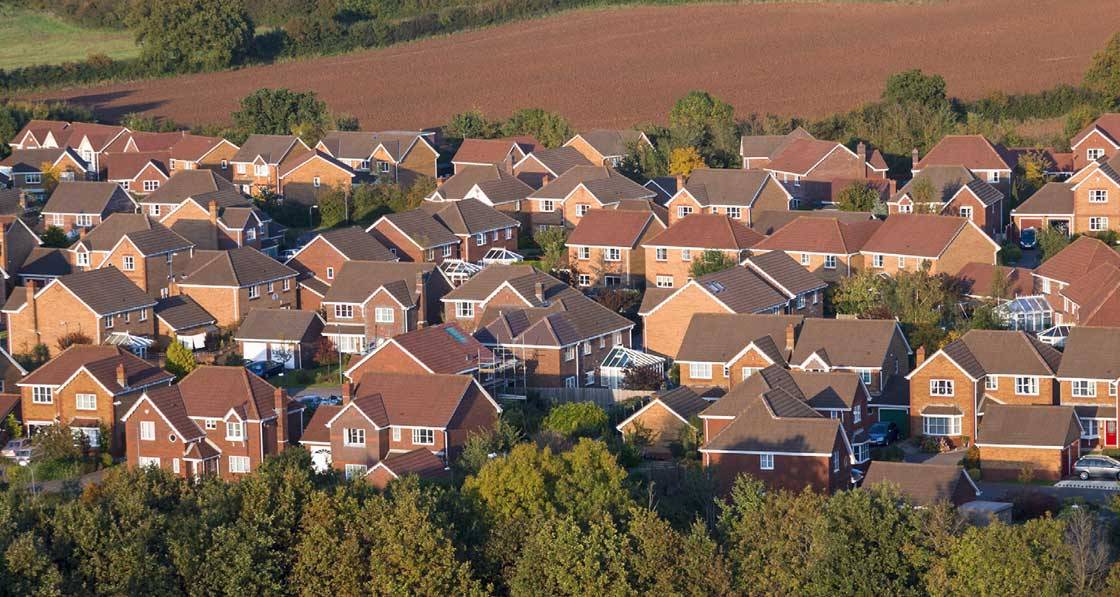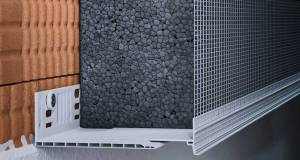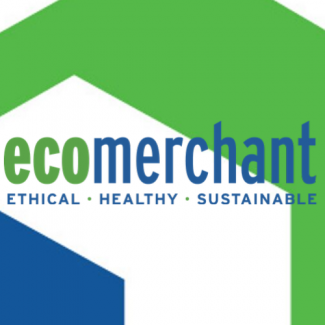
- Marketplace
- Posted
UK housing market must start demanding much higher quality - Ecomerchant
The entire UK housing market — from self-builders and house buyers through to large-scale developers, housing associations and local authorities — must start demanding a much higher level of quality from new homes in order to ensure the market delivers buildings that are genuinely healthy, sustainable and low energy. That is according to Will Kirkman, managing director of leading sustainable building product supplier Ecomerchant.
This article was originally published in issue 31 of Passive House Plus magazine. Want immediate access to all back issues and exclusive extra content? Click here to subscribe for as little as €10, or click here to receive the next issue free of charge
“My plea to the market would be that we really need to build better homes. We need the market to become better educated, and we need it to demand better quality,” he said. “The current housing crisis in the UK is not so much a question of a lack of dwellings, but a problem of affordability and quality, exacerbated by a speculative model that drives up prices and keeps standards at the lowest required in law. There are plenty of homes out there, but they are either unaffordable or of poor quality or both.”
Kirkman says the current model for delivering new homes is flawed, with a misplaced focus on housebuilding as the only solution to the problem. He cites evidence that the provision of new housing has outstripped the growth in the number of households in England since house prices reached their low point in 1996, with similar trends apparent in Scotland and Wales, according to ‘Tacking the housing crisis: is supply the answer?’, a recent report written for the UK Collaborative Centre for Housing Evidence.
But UK house prices have still grown 160 per cent in real terms since 1996, rents are relatively high, and home ownership has fallen over the past 15 years. However, despite common perceptions, tight housing supply is not to blame, according to the report. “The result is more houses at higher prices with no real increase in quality — a double whammy for consumers,” Kirkman said.
Kirkman also refers to analysis by energy expert Richard Tibehnam published in Issue 30 of Passive House Plus, which concluded that England currently has enough empty dwellings to meet supply. Tibenham wrote: “There are enough houses to go around, they’re just not distributed effectively and many are unfit for the demands of the 21st century. England has an estimated 200,000 empty properties, for example, enough to house its homeless population of 277,000.”
Speaking to Passive House Plus, Kirkman echoed these sentiments: “It’s more a problem of affordability, social mobility and quality then one of numbers. Right now, the majority of people are only able to buy houses that are built to minimum standards.”
Ecomerchant supply a wide range of natural insulations and other sustainable building products, all geared towards creating durable, comfortable, low energy dwellings with an emphasis on indoor air quality. However, Kirkman said that many housebuilders simply never get the option to consider such materials.
“When we talk to customers who can directly influence specification, such as self-builders and those undertaking refurbishment projects, building performance is often not a top priority, or not considered at all. In many cases architects haven’t even asked their clients if they want to build something that goes beyond building regulations.
“This means that clients never even get to explore the option to use anything other than standard building materials, or consider design to exceed compliance,” he said. “Part of the issue here is perceived value and benefits — if they already think what they are getting is good enough, then why change or do something else?
He continued: “Largely, in the developer- based UK model of housebuilding, any customer who demands to buy a home to more than the compliant minimum of building regulations is unusual. In the vast majority of cases the purchaser has little or no choice over the quality of their home — it is determined for them by the designer and constructor in line with regs.”
“At Ecomerchant we consider the whole product supply chain from raw material production to end use, to ensure not only the lowest possible environmental impact, but also to endeavour to ensure that there are limited or no negative impacts on human health. Issues such as building durability and indoor air quality are high on our agenda. We have a proven and trusted range of products orientated around low environmental impact, energy efficiency and health.
“Our team of knowledgeable staff are keen to help people build and refurbish using natural and sustainable materials where possible to create healthier, more efficient homes, schools and workplaces.”








